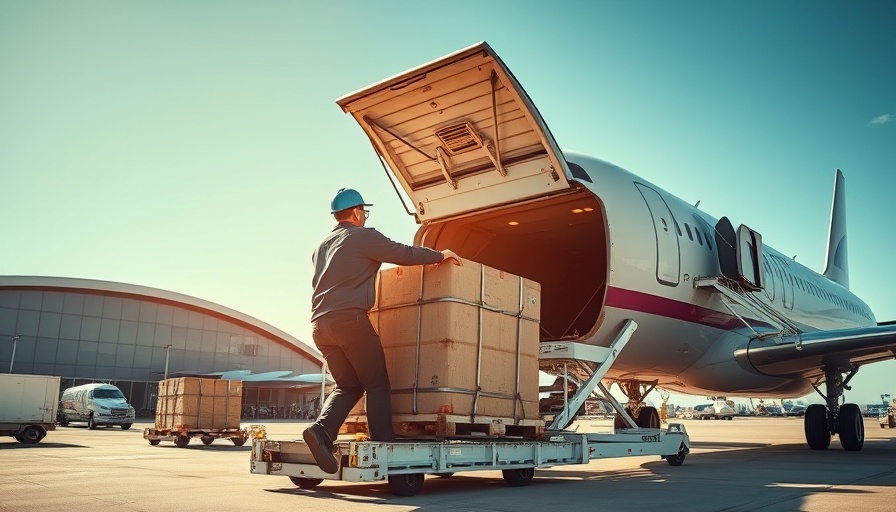
Air France's Heartwarming Journey: Bringing Yoda and Ysis Home
In a notable act of compassion and responsibility, Air France-KLM successfully repatriated two lion cubs, Yoda and Ysis, to their natural habitat in South Africa on March 4, 2025. Once victims of animal trafficking and exploitation in Europe, these lions were given a second chance at life, thanks to the dedication of various organizations, including the 30 Millions d’Amis Foundation and close collaboration with the Tonga Terre d’Accueil association.
The Backstory: From Exploitation to Freedom
Yoda and Ysis are more than just ordinary lions; their journey reflects the dark reality of wildlife trafficking. Prior to their rescue in 2020, these siblings were exploited for their novelty appeal in music videos, highlighting a larger issue of animal rights abuses prevalent in the entertainment industry. Thankfully, after being rescued, both lions found refuge at the Saint-Martin-la-Plaine Zoological Park in France, where they received much-needed care and protection. The emotional bond between Yoda and Ysis was evident throughout their ordeal, serving as a testament to the strong familial ties that exist in the animal kingdom.
The Repatriation Process: A Flight to Deliver Hope
The repatriation journey for Yoda and Ysis wasn’t without its challenges. Their travel began with a flight from Lyon to Paris, followed by an Air France service from Paris to Johannesburg. This meticulously planned operation was entirely funded by the 30 Millions d’Amis Foundation, showcasing the commitment to seeing these majestic creatures returned to a suitable environment. On landing in South Africa, they were welcomed back to their homeland, where they would begin a new chapter.
New Beginnings: Life at SanWild Sanctuary
The SanWild Sanctuary Wildlife Trust, located in Limpopo province just south of Leydsdorp and nearby the famous Kruger National Park, has taken Yoda and Ysis under its wing. Here, they will live in semi-freedom as part of The Roar Project, designed by Alexandre Blanchon, allowing the lions to gradually adapt to their natural surroundings. At the sanctuary, a world of adventure and rehabilitation awaits them, far removed from their previous life of exploitation.
A United Front Against Wildlife Trafficking
Wilson Tauro, the Country Manager for Southern Africa at Air France-KLM, expressed pride in their moral commitment to wildlife rehabilitation. “Air France is dedicated to ensuring that distressed wildlife is given the opportunity to return home. Repatriating Yoda and Ysis is a proud moment for us and reinforces South Africa’s reputation as a premier destination for wildlife rehabilitation,” he noted. This repatriation not only marks a milestone in the journey of these lions but emphasizes the importance of continued collaboration among organizations focused on animal welfare and wildlife conservation.
The Broader Picture: Conservation and Awareness
The successful repatriation of Yoda and Ysis serves as an important reminder of the pervasive issue of wildlife trafficking and the unethical practices that surround it. It shines a light on the collaborative efforts of organizations dedicated to protecting the rights and welfare of animals. Moving forward, it is crucial for aviation companies, conservationists, and the general public to actively participate in ethical practices and campaigns that safeguard wildlife.
Your Role in Protecting Wildlife
Your awareness can foster change! As travelers and responsible consumers, we have the power to support organizations that focus on wildlife conservation and ethical tourism. By promoting awareness and participating in wildlife protection initiatives, we help ensure that stories like Yoda’s and Ysis’s become the rule rather than the exception. Together, we can advocate for a world where animals thrive in their natural habitats, free from exploitation.
 Add Row
Add Row  Add
Add 




Write A Comment